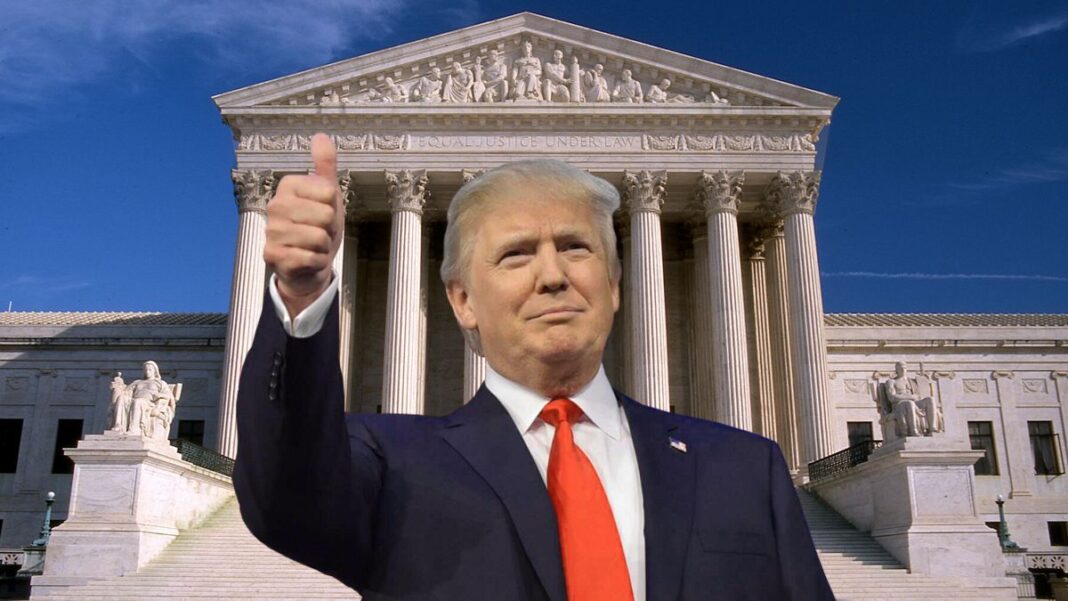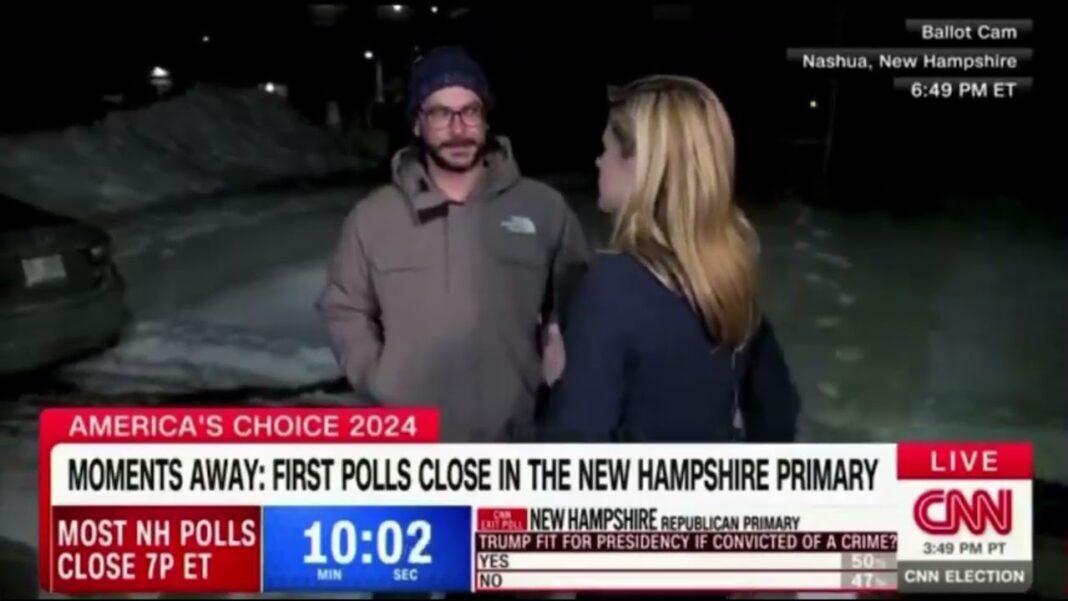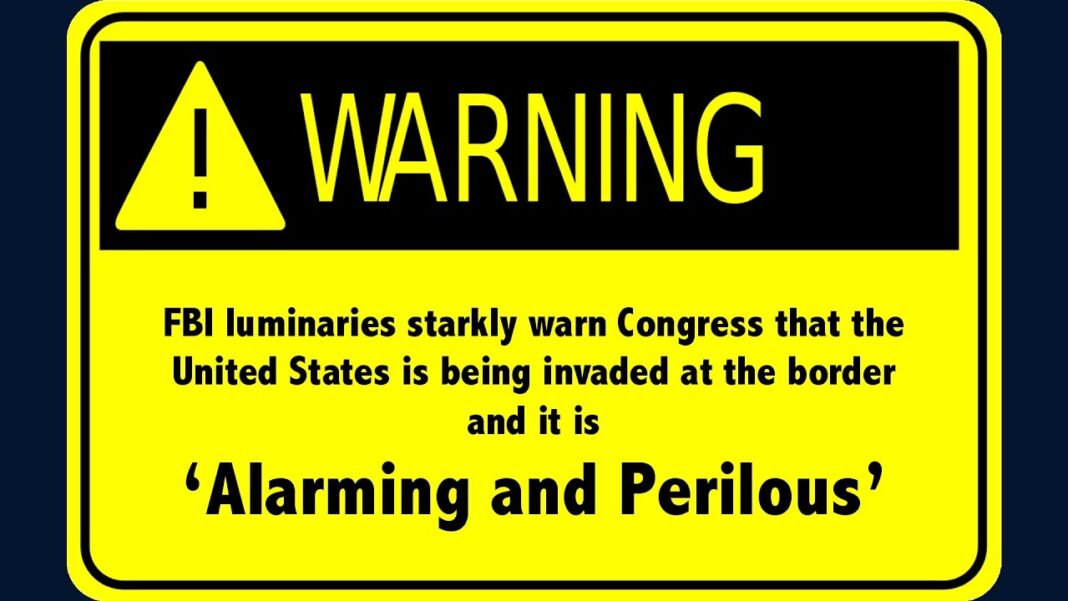The Supreme Court seems to moving quickly in President Trump’s ballot disqualification appeal, promising written opinions on day one of oral hearings.
The U.S. Supreme Court has signaled that it’s moving fast with former President Donald Trump’s appeal that seeks to overturn the Colorado Supreme Court ruling barring him from the ballot on 14th Amendment grounds.
A note accompanying the U.S. Supreme Court’s schedule for Feb. 8, the day the high court is set to hear the first oral arguments in the case, indicates that it intends to announce written opinions on the very same day.
While the substance of the opinions has not been revealed, the declaration that they will be published on Feb. 8 is significant as it indicates that the Supreme Court views the case as having significant legal importance and warrants expedited consideration.
The question that the former president’s attorneys presented for consideration in their Jan. 3 petition was whether the Colorado Supreme Court incorrectly ordered President Trump excluded from the 2024 presidential ballot.
What Will SCOTUS Do?
The Colorado high court, which is composed entirely of Democrat appointees, determined in a 4–3 ruling in December that President Trump had engaged in an “insurrection” in the context of the Jan. 6 breach of the U.S. Capitol, and so he is ineligible to run for president.
The ruling was based on an interpretation of Section 3 of the 14th Amendment, which bars any former oath-taking “officer of the United States” who “engaged in insurrection” from “holding any office, civil or military.”
Legal experts have said there are several ways the Supreme Court could reverse the Colorado decision without weighing into the substance of whether President Trump “engaged in insurrection” on Jan. 6.
“There’s a fairly good chance that they’ll find a way to duck that,” Harvard Law professor emeritus and constitutional scholar Laurence Tribe told ABC News.
One such way would be for the Supreme Court to say that the U.S. President isn’t an “officer of the United States” but part of the executive branch and rule that Section 3 of the 14th Amendment simply doesn’t apply.









